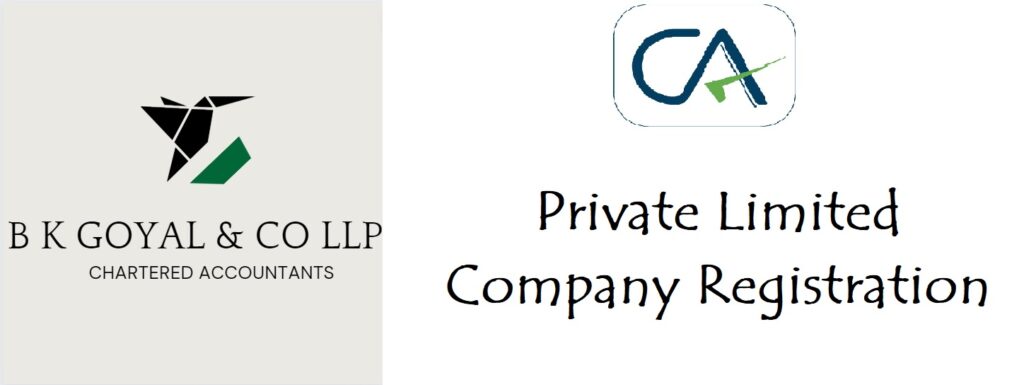Income Tax Commissioner in India
Income Tax Return Filing Income Tax Appeal Income Tax Notice GST Registration GST Return Filing FSSAI Registration Company Registration Company Audit Company Annual Compliance Income Tax Audit Nidhi Company Registration LLP Registration Accounting in India NGO Registration NGO Audit ESG BRSR Private Security Agency Udyam Registration Trademark Registration Copyright Registration Patent Registration Import Export Code Forensic Accounting and Fraud Detection Section 8 Company Foreign Company 80G and 12A Certificate FCRA Registration DGGI Cases Scrutiny Cases Income Escapement Cases Search & Seizure CIT Appeal ITAT Appeal Auditors Internal Audit Financial Audit Process Audit IEC Code CA Certification Income Tax Penalty Notice u/s 271(1)(c) Income Tax Notice u/s 142(1) Income Tax Notice u/s 144 Income Tax Notice u/s 148 Income Tax Demand Notice In India, the responsibility of income tax collection and administration is entrusted to the Income Tax Department, with the leadership and guidance of the esteemed Income Tax Commissioner. As a high-ranking official in the Indian Revenue Service (IRS), the Commissioner bears the crucial responsibility of supervising tax returns, conducting meticulous audits and investigations, ensuring strict compliance with tax laws and regulations, and addressing disputes between taxpayers and the department. Apart from these significant responsibilities, the Commissioner is also tasked with efficiently managing the Income Tax Department’s personnel. This includes recruiting, training, and allocating employees to specific roles, providing them with adequate resources to perform their duties effectively. The Commissioner’s astute oversight of tax policies and strategies is another vital responsibility, necessitating continuous knowledge up-gradation and identification of areas where tax laws need revisions or updates. The Commissioner also collaborates with other government officials to ensure that tax policies align with broader economic policies and objectives. Moreover, the Commissioner’s endeavors in promoting tax compliance and awareness are crucial. This involves educating taxpayers about their tax obligations, providing resources to fulfill their tax responsibilities, and working with other organizations to promote tax compliance. To be eligible for the position of Income Tax Commissioner in India, candidates must pass the highly competitive Indian Revenue Service (IRS) exam, undergo rigorous training, and prove their competence and knowledge. In conclusion, the role of the Income Tax Commissioner in India is multi-faceted, challenging, and pivotal to the country’s tax system. The Commissioner’s expertise, knowledge, and dedication are indispensable in ensuring efficient and equitable tax collection, supporting the government’s efforts to foster economic growth and development. The Commissioner’s endeavors in promoting tax compliance and awareness instill trust and confidence in the tax system, vital for the country’s long-term economic growth and stability.
Income Tax Commissioner in India Read More »

